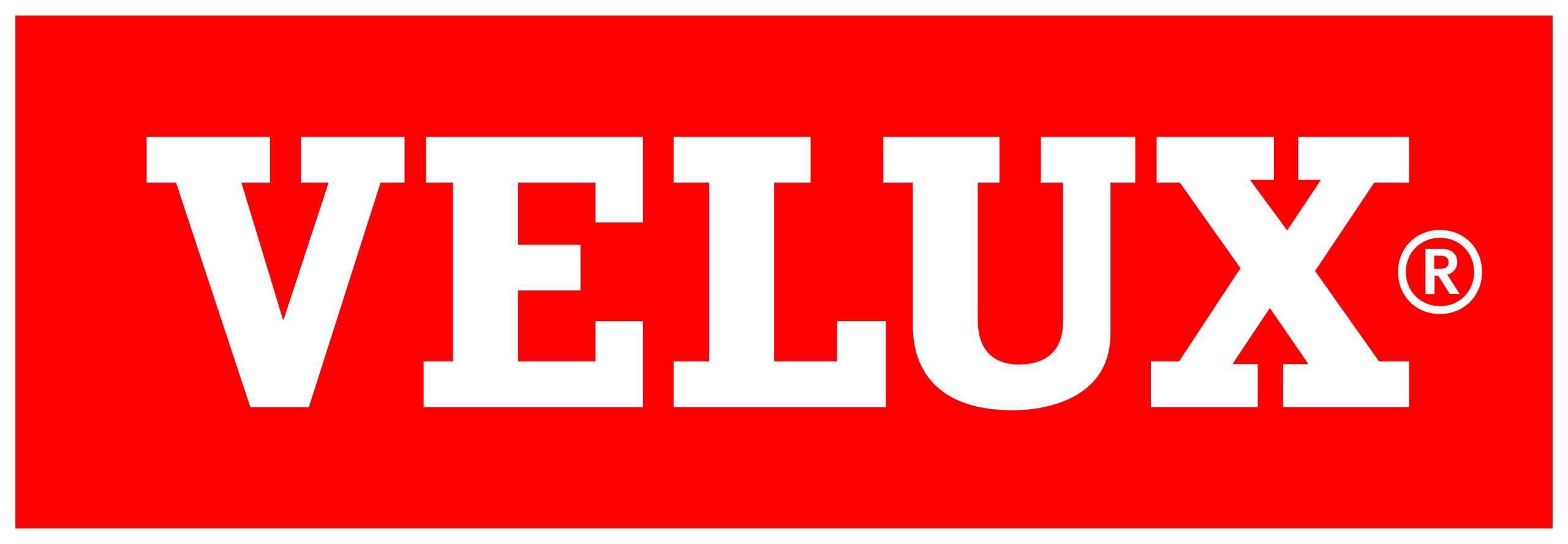
Roofing contractor insurance protects the business and its clients against common risks like property damage, personal injury, and employee accidents. This insurance usually includes general liability and workers’ compensation. Considering the high-risk nature of roofing work, these policies are critical for maintaining financial stability and providing client reassurance.
Moreover, as a roofing contractor, you should consider professional liability and commercial vehicle insurance to cover potential legal claims and vehicular accidents. The key is collaborating with insurance agents specializing in the construction sector. This ensures you get tailored coverage that meets your business needs and complies with all the legal requirements, making you feel understood and catered to.
What types of insurance are essential for roofing contractors?
Roofing contractors should consider several types of insurance to protect their business, employees, and clients fully:
- General Liability Insurance: This is crucial for any contractor to cover damages or injuries to third parties that might occur on a job site. It can protect against claims of property damage, bodily injury, and the associated legal costs.
- Workers’ Compensation Insurance: Required in most states, this insurance covers medical expenses and lost wages for employees injured on the job. Given the high-risk nature of roofing, this insurance is essential to protect the workers and the business financially.
- Commercial Auto Insurance: This covers vehicles used for business purposes, including transporting materials and employees to job sites. It protects against liabilities arising from accidents involving these vehicles.
- Professional Liability Insurance (Errors and Omissions Insurance) protects against negligence or inadequate work claims. It’s essential to cover financial losses or the cost of legal defense if a client claims the work was not performed correctly or caused damage.
- Tools and Equipment Insurance (Inland Marine Insurance): Roofing contractors use various expensive tools and machinery. This insurance covers repairing or replacing tools and equipment if they are lost, stolen, or damaged.
- Commercial Property Insurance: If a roofing contractor owns a shop or storage facility, this insurance protects the property and its contents from fire, theft, and natural disasters.
- Umbrella Insurance: This provides additional coverage beyond the limits of other policies. It’s a safety net that offers extra protection against large claims that could be financially devastating.
Ensuring these coverages can help roofing contractors mitigate various risks associated with their business activities.
How does roofing contractor insurance protect against liability claims?
Roofing contractor insurance, particularly general liability insurance, is crucial in protecting contractors from liability claims. This insurance covers legal fees and settlements should the contractor be sued for property damage or personal injury.
For instance, if a contractor accidentally causes harm to a client’s property or a non-employee is injured due to the roofing activities, general liability insurance would cover the associated costs, including defense costs, court fees, and settlements/judgments awarded.
Professional liability insurance, or errors and omissions insurance, protects roofing contractors from negligence or inadequate work claims. If a roof fails or leaks due to improper installation and causes damage to the property or its contents, this insurance would help cover the repair costs and any legal actions the client takes against the contractor.
With these insurance policies, roofing contractors can conduct their business with a greater assurance of financial protection against claims that could otherwise be financially debilitating.
What factors affect the cost of roofing contractor insurance premiums?
Several key factors influence the cost of roofing contractor insurance premiums:
- Type of Coverage: The more comprehensive the coverage, the higher the premium. Policies that include general liability, workers’ compensation, professional liability, and commercial auto insurance typically cost more but provide broader protection.
- Business Size and Payroll: Larger roofing companies with more employees generally face higher premiums because the risk exposure increases with the number of workers. Workers’ compensation premiums, in particular, are directly tied to payroll amounts.
- Experience and Claims History: Insurers consider the contractor’s and past claims when setting premiums. A contractor with a history of few or no claims can often secure lower premiums, while a history of frequent claims may lead to higher costs.
- Location: Geographic location significantly affects insurance costs. Storm-prone areas, like hurricanes and heavy snowfall, can increase damage and liability risk, leading to higher premiums. Additionally, different states have varying regulations and minimum requirements for insurance, impacting the overall cost.
- Type of Roofing Work: A contractor’s specific jobs also affect premiums. Projects involving higher-risk work, such as high-rise buildings or specialized roofing materials, may increase insurance costs.
- Safety Protocols and Training: Contractors who invest in safety training and adhere to strict safety standards may be eligible for lower premiums. Insurers often consider the effectiveness of a company’s measures in managing workplace risks.
- Deductibles: Choosing higher deductibles can lower insurance premiums. However, this means the contractor would need to pay more out of pocket in the event of a claim before insurance coverage kicks in.
By understanding these factors, roofing contractors can better manage their insurance costs and ensure adequate protection for their business.
Are there specific insurance requirements for roofing contractors in my state?
Consult local regulations to determine the specific insurance requirements for roofing contractors in your state. State regulations can vary greatly and encompass general liability insurance, workers’ compensation, and other types of coverage like commercial auto or professional liability insurance.
You can typically find this information through several sources:
- State Contractor Licensing Board: Most states have a licensing board that provides guidelines on the necessary insurance for licensed contractors.
- Department of Insurance: Your state’s insurance department can provide details on insurance requirements and recommended coverage levels for roofing contractors.
- Local Contractor Associations: These organizations often offer resources and guidance on state-specific insurance requirements and industry best practices.
- Insurance Providers: Companies specializing in contractor insurance can also offer tailored advice based on your state’s legal requirements.
It’s a good practice to check these resources or consult a legal advisor or insurance professional who must fulfill all regulations and adequately protect your business.
Secure Your Roofing Business: Learn How!
Discover how to protect your roofing business with the right insurance coverage at Eason Roofing! Navigating the complexities of insurance can be daunting, but it’s essential for safeguarding your operations, employees, and clients.
At Eason Roofing, we provide expert insights into the types of insurance policies crucial for roofing contractors, including liability, workers’ compensation, and more. Learn about the factors influencing insurance costs and how to manage them effectively.
Don’t let unforeseen events disrupt your business. Visit us today to ensure your business remains secure and thriving with proper insurance!





